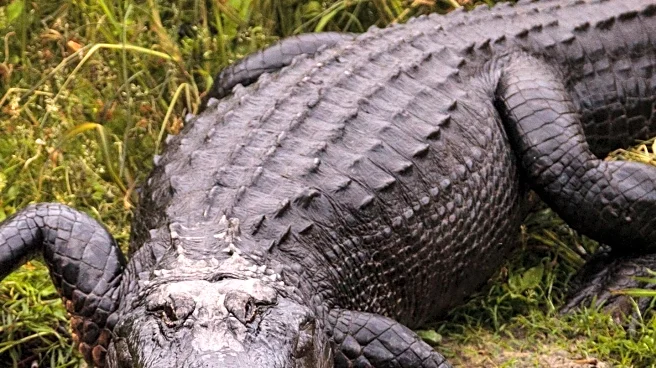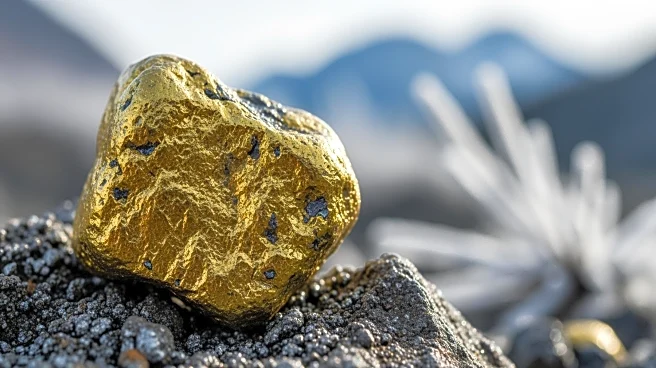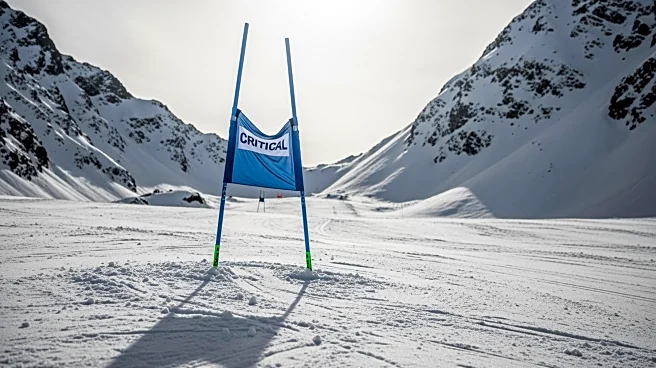What's Happening?
Brittany Livingston, a mother from South Carolina, successfully hunted a 12-foot alligator during her maternity leave. The hunt, which took place in September, was the culmination of a five-year effort to secure a hunting tag through the state's Department
of Natural Resources lottery system. Brittany and her husband, Matt Livingston, nicknamed the alligator 'Chomp Norris' and plan to use the entire animal to teach their children about respecting nature. The couple intends to turn the alligator into a full-body rug and harvest its meat for consumption. The hunt attracted attention when videos of the alligator carcass in the back of their truck were shared online.
Why It's Important?
This event highlights the cultural practice of alligator hunting in South Carolina, where hunting tags are highly sought after, with over 12,000 applicants for just 1,400 available tags. The Livingston family's approach to utilizing the entire alligator underscores a commitment to sustainable hunting practices and educating the next generation about wildlife conservation. The story also reflects broader societal themes of balancing family life with personal interests and traditions, as Brittany undertook this unique activity during her maternity leave.
What's Next?
The Livingston family plans to continue their tradition of hunting and educating their children about wildlife. They have already processed the alligator meat into various products, including sausages and snack sticks, through a family business specializing in wild game. The alligator hunting season in South Carolina is limited to September and October, suggesting that future hunts will require similar planning and lottery participation.
Beyond the Headlines
The story raises questions about the ethical dimensions of hunting and wildlife management. It also touches on the cultural significance of hunting in certain regions of the United States, where it is not only a sport but also a means of connecting with nature and family heritage. The Livingston family's experience may inspire discussions on the balance between conservation efforts and traditional hunting practices.
















